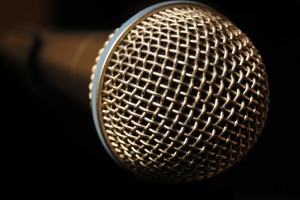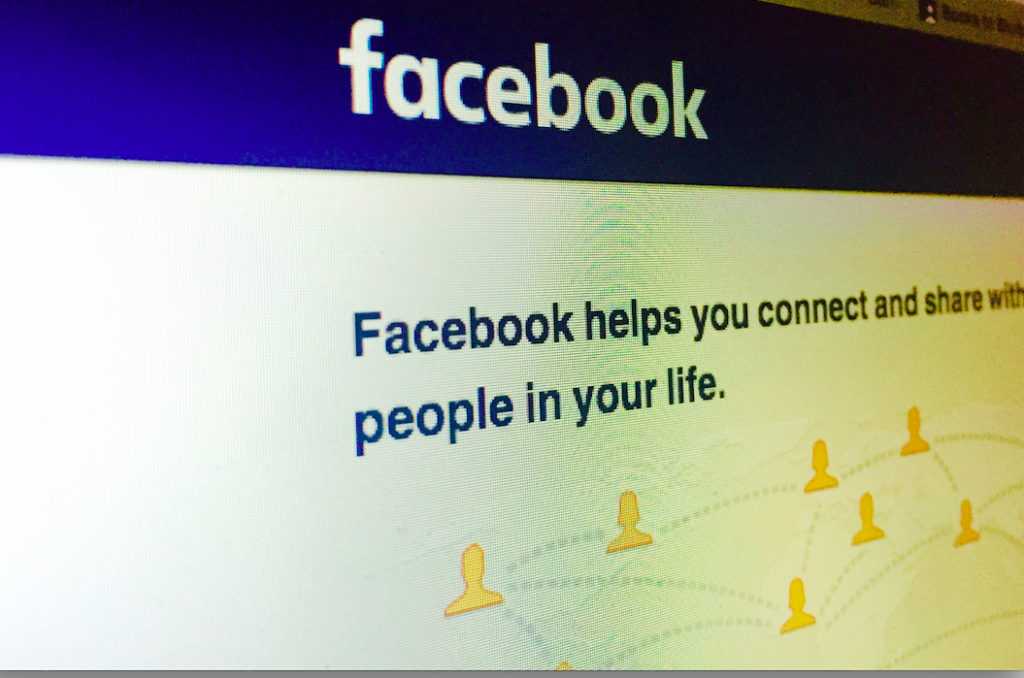Fare Forward has published this outstanding piece by Jake Meador on how the current state of journalism–particularly the digital opinion kind–is rewarding the abandonment of careful, critical thinking.
The current writing economy is built on technology that makes publishing and distribution simpler than at any other point in history. Therefore it has (unsurprisingly) become a fiercely competitive (and often combative) place where good writing and clear thinking will seldom be enough to stand out and be noticed. You need an edge, a certain type of bravado and confidence. You need to appear as a witty snark artist striding through the public square, swatting aside ideas with the panache of Chris Pratt in the opening scene to Guardians of the Galaxy. That’s how you get traffic, which is (eventually) how you get paid.
In other words, the writing economy is beginning to resemble talk radio. There are so many things to read, and only so many readers with so much time, that my writing must stand out in some way. Sharp analysis and command of language are no longer enough; you have to entertain. Meador notes that this often poses problems for writers who genuinely want to say something meaningful:
The trouble, of course, is that Han Solo-esque swagger might generate page views, but it doesn’t really comport with wisdom, judgment, or (often) basic Christian charity. What’s more, the demeanor of the snark artist thrives on controversy, fast-formed opinions (the famous “hot take” comes to mind), an air of belligerence toward ideological opposites, and a certain indifference to accurate reporting. These characteristics militate against the kind of calm, patient, humble judgment required to be a good reader and useful writer. When we consider the greatest thinkers of the past, we see that as their learning grew, so also did their humility. Near the end of his life, St. Thomas Aquinas dismissed his writing as “straw” compared to the glory of God. Near the end of his life, John Calvin wished to be buried in an unmarked grave. For these great thinkers of the past, great learning (and personal success) provoked a greater degree of humility by teaching them that they actually know very little. The successful young internet provocateur, whether it’s Matt Walsh on the right or Mark Joseph Stern on the left, knows nothing of these virtues.
That last sentence touches on another troubling development: The creation of online snark celebrities, writers who would not have an audience or job (or even perhaps no desire to write) if it weren’t for the writing economy’s newest and heaviest currency, social media. The new writing economy favors writers who can string together clever put-downs or who have a keen sense of what annoys the people likely to share their links on Facebook. Whether or not a writer can understand on a meaningful level the thing he is writing about is almost irrelevant. The tools of the snark artist’s trade are not ideas but zingers.
Unfortunately, the system is self-perpetuating. The immediacy of the blogosphere, tied intimately into momentary cultural trends (which are almost always forgotten within weeks), demands that writers not waste precious time on trying to parse the issues. By the time research is complete, your competitors will have already published a “hot take,” perhaps lacking anything that would indicate serious contemplation but nervy, clever, and best of all: Clickable. Failure to master this rhythm is deadly to a young writer’s career.
The “hot take” isn’t just a genre. It represents an entire process of thinking. Funny, trollish, fallacious commentary is an intellectual orientation at least as much as it is a style of writing. That is one of the reasons that I don’t enable comments on this blog. As I’ve previously discussed, credible research suggests that online trolls can actually affect how people perceive their target. The “nasty effect” isn’t just a desire to fit in with other commenters or a high level of impressionability, it’s what happens when we chase an easier, more instinct-satisfying mode of thinking. We all want to be confirmed in our biases, but we also want to be confirmed in how we arrived at them. “Hot takes” aren’t just easy to read and share, they are pleasing, because they confirm to us that our intellectual paths of least resistance are valid.
Writing that matters requires thinking that matters too. And that kind of thinking is often not the kind that quickly gratifies our suspicions about intellectual opponents, or substitutes wit for argument. Let’s not forget: The “new writing economy” is also a new “reading” economy. Things sell because people buy them. If we want better writing, we must provide better reading.












